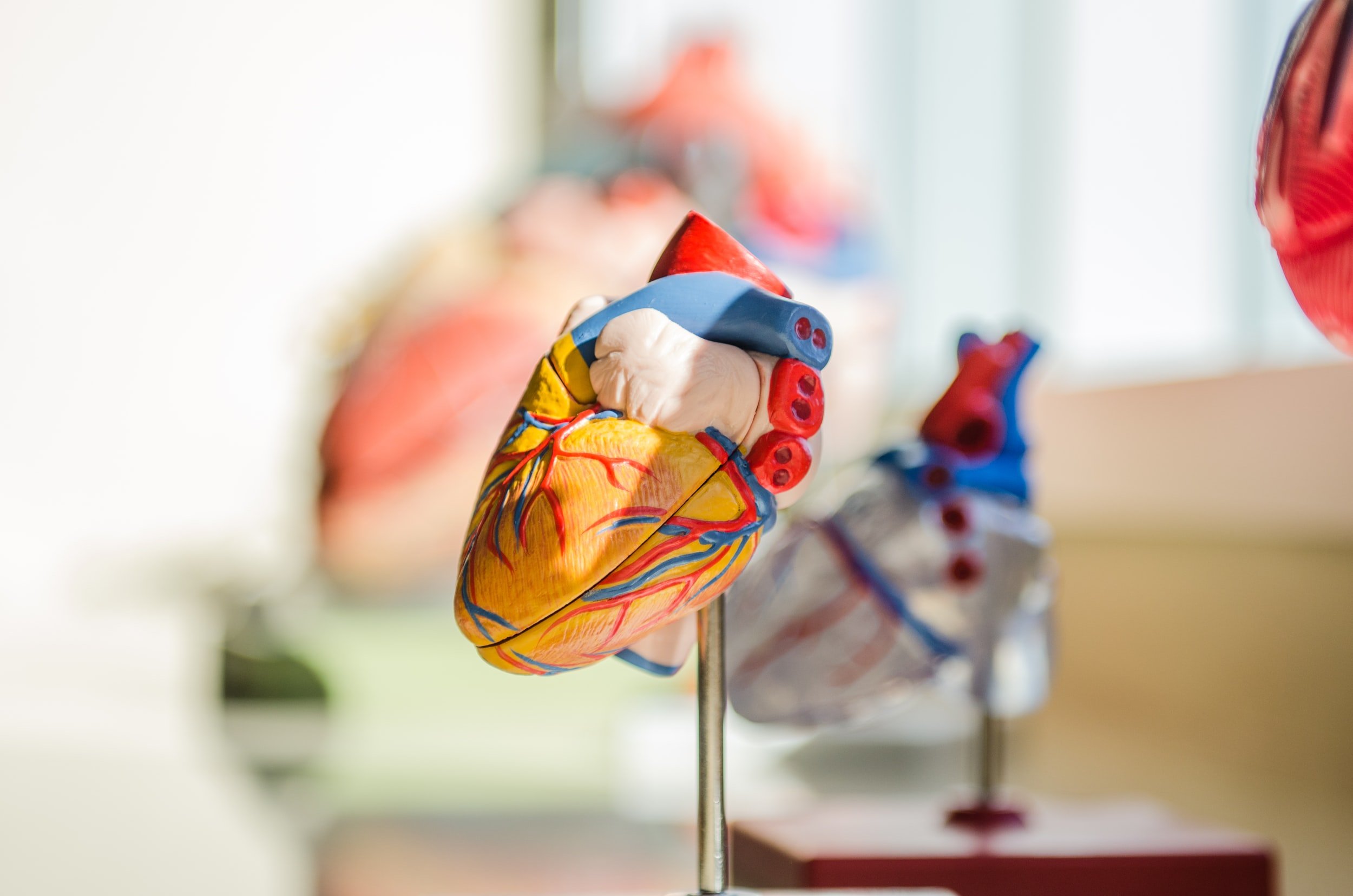Cardiovascular disease is the leading cause of death in the United States. The American Heart Association estimates that more than 71 million Americans — one in five people — have one or more types of cardiovascular disease, including high blood pressure, coronary heart disease, congenital cardiovascular defects and congestive heart failure.
It is very important to take care of yourself if you've been diagnosed with any type of heart disease. Even though you may have heart disease, you can help control it, reduce your risk of suffering a heart attack and improve your chances of living a long life.
Andrew Ho, M.D., is here to explain when stents are needed and the advantages they provide for the treatment of cardiovascular disease.










